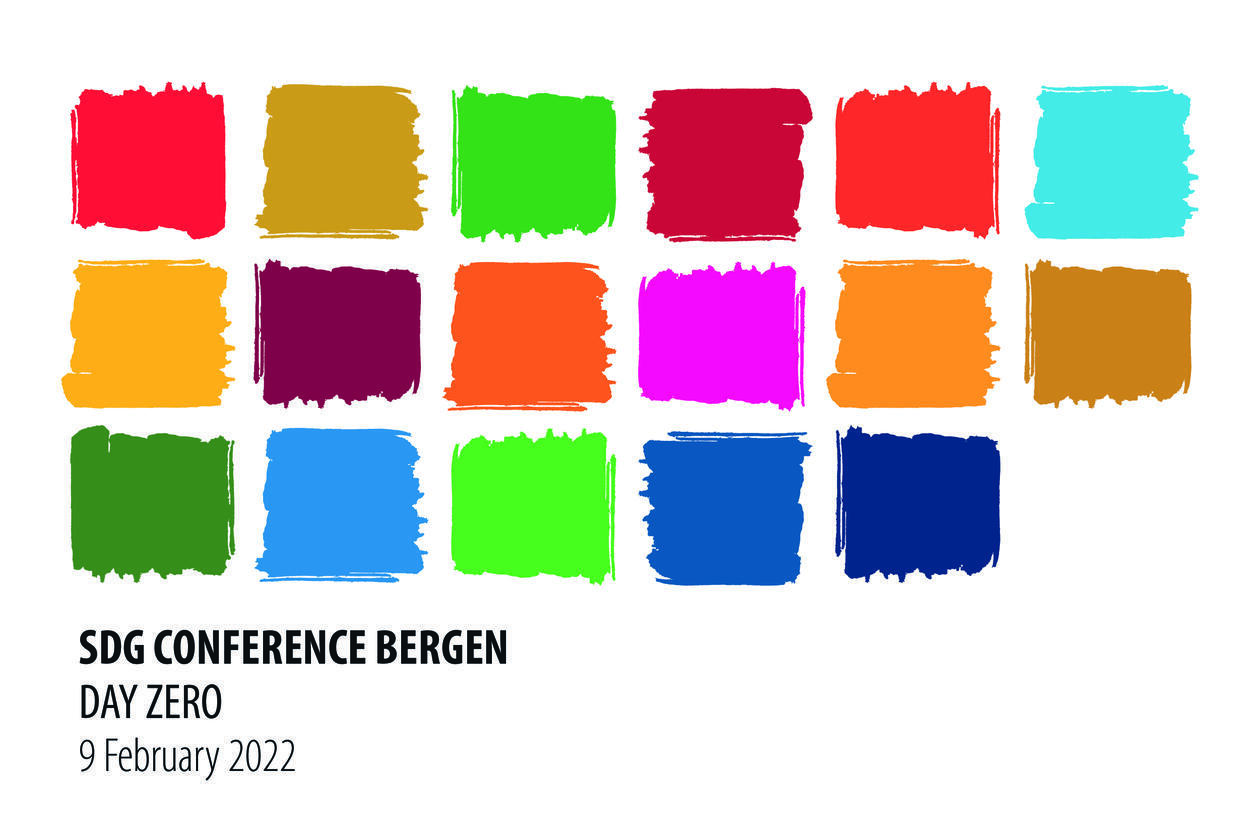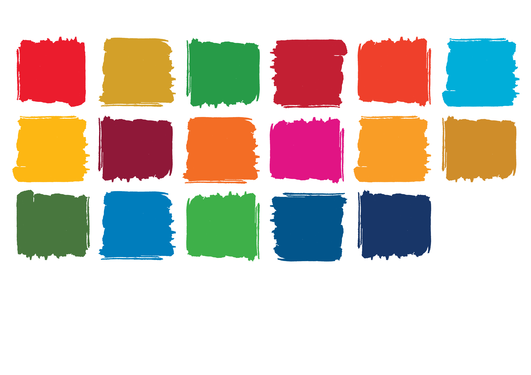Interactive Workshop on Micromobility in Bergen
The controversies around the use of electric scooters in the city of Bergen formed the basis of the case used to forming a new research agenda.

Main content
A global audience from 110 different countries watched the virtual 2022 SDG Conference Bergen, entitled "Ways of knowing, modes of living: Dialogues across a fragmented Earth for the 2030 Agenda", discussing issues of climate change, knowledge, ways of living and inequality. The variation in ways of knowing and modes of living raises fundamental questions that were explored during the extensive conference programme.
Workshop on Micromobility
As part of Day 0, the workshop Prioritizing Research Agendas for Sustainable Transportation: Micromobility in Bergen was held. The participants were international and attended virtually. The interactive event allowed participants to examine micromobility in Bergen, and identy and prioritze themes for further research. The very relevant case used was the recent rise of rentable electric scooters, which has been divisive in the city. Some people have welcomed the scooters with open arms as a new and flexible form of urban transportation, while others have been critical of the potential environmental and public health impacts.
The methodology applied is especially relevant for urban climate transformation, where the research agenda and outputs can have a direct impact on people’s lives and livelihoods, and where people’s lived experiences and insights can make a valuable contribution to identifying research questions.
Great Potential for New Methodology
The workshop was also an output in Arqus Research and Innovation, through the Arqus Alliance that UiB's is a part of. The systems mapping methodology outlined in the Arqus Toolbox for Stakeholder Engagement in Open Research Agenda Setting was used.
Jakob Grandin and Brooke Wilkerson, both from the Centre for Climate and Energy Transformation (CET) at UiB, were facilitators. Wilkerson commented:
“I was impressed with participants’ abilities to quickly grasp the systems mapping concept and engage with the topic. Systems mapping is a new methodology for generating research priorities, and in our workshop we saw great potential for using this methodology in ORAS with stakeholders.”
The participants were also content and one commented that the the mapping is a fantastic way to facilitate debate:
"You force people to be very specific about the reasoning behind their arguments, simply by asking them "How would you add it to the map?" Moreover, to answer that questions, they have to explain how their thoughts relate to what has already been said. This makes for mutual understanding.”
The research agenda will be disseminated at UiB and through the Arqus Alliance.

